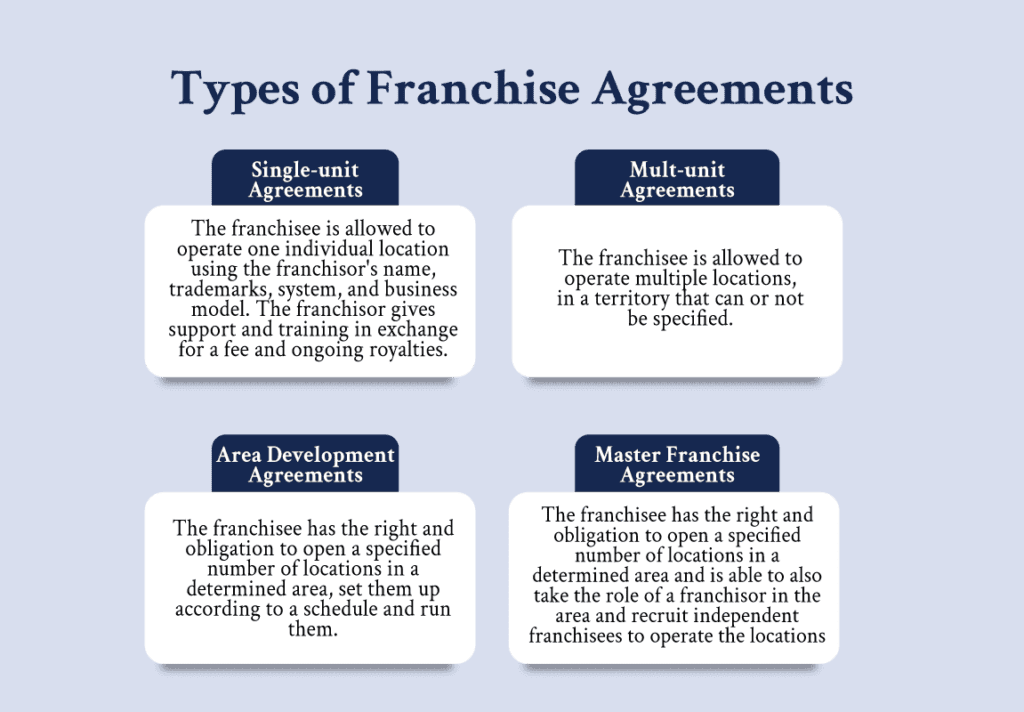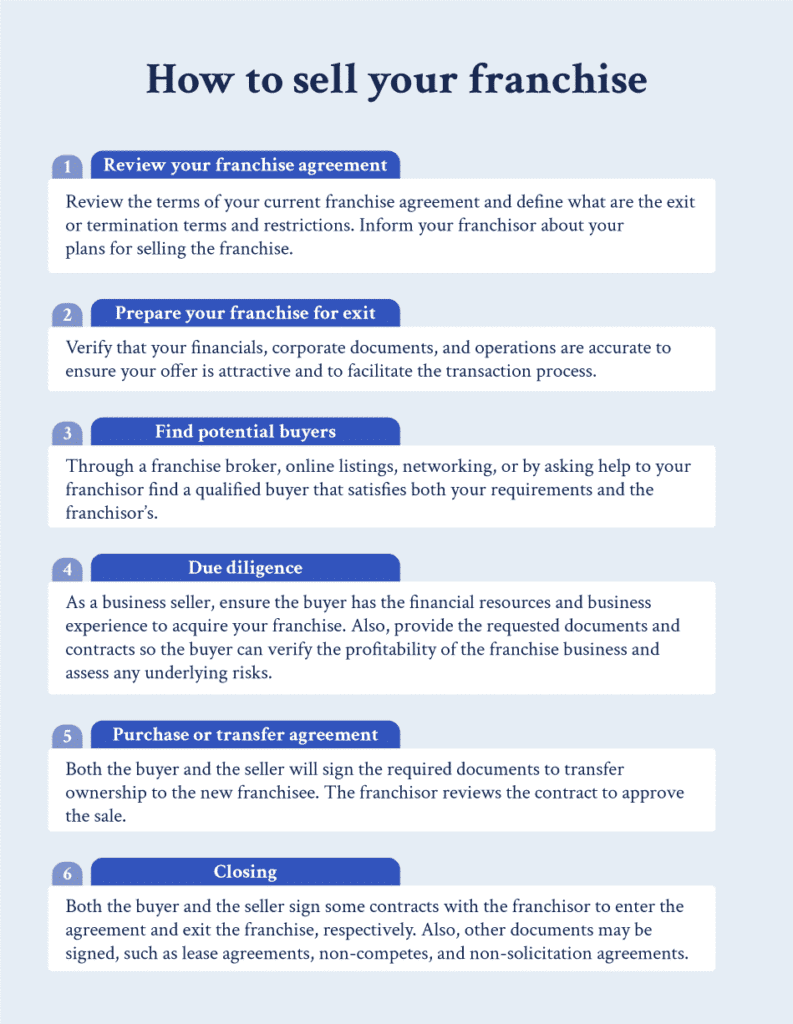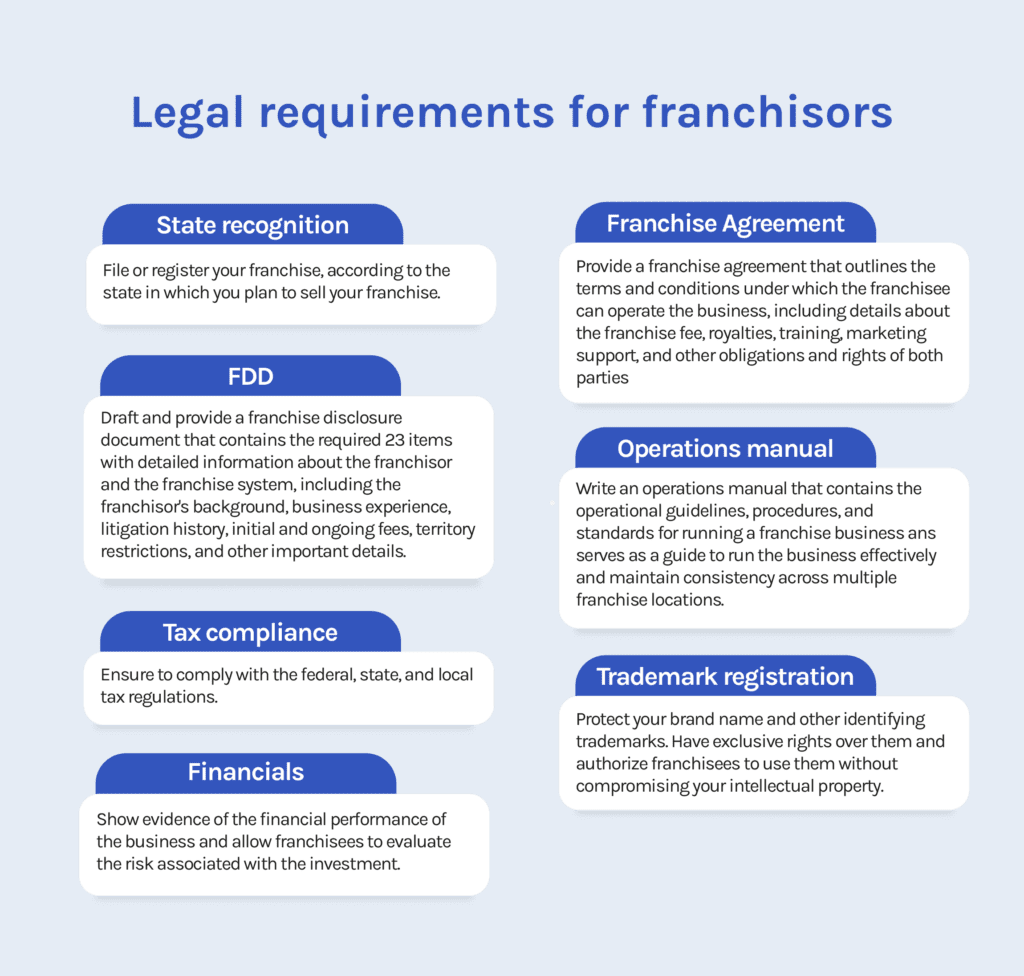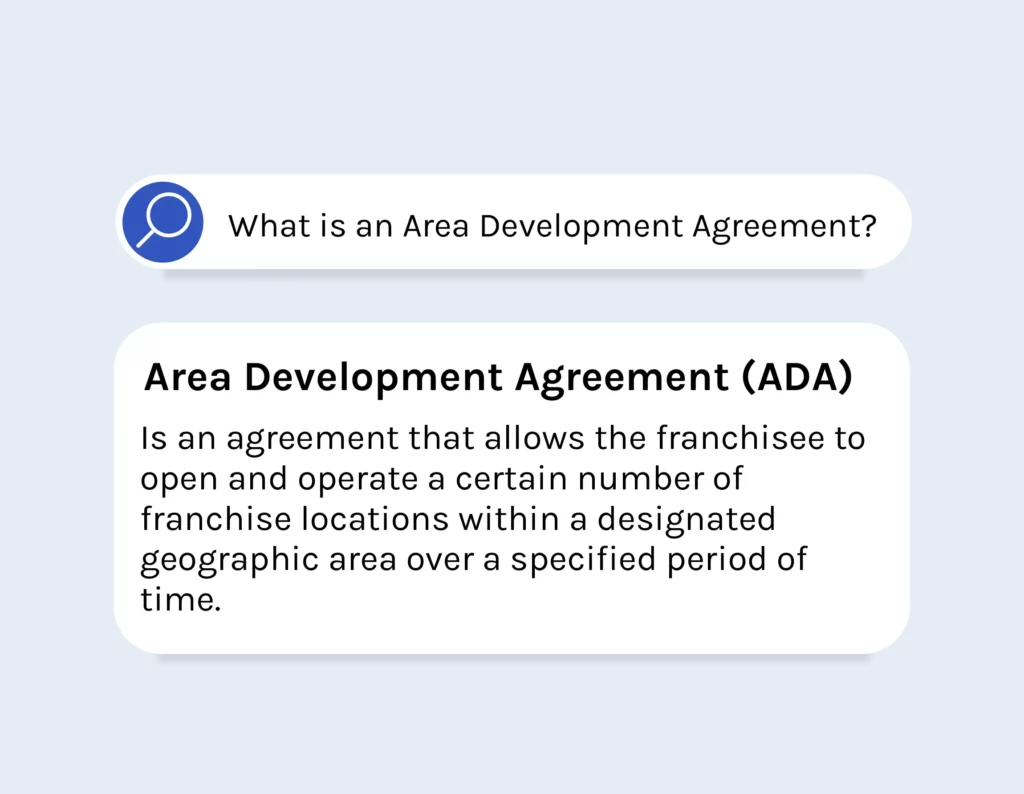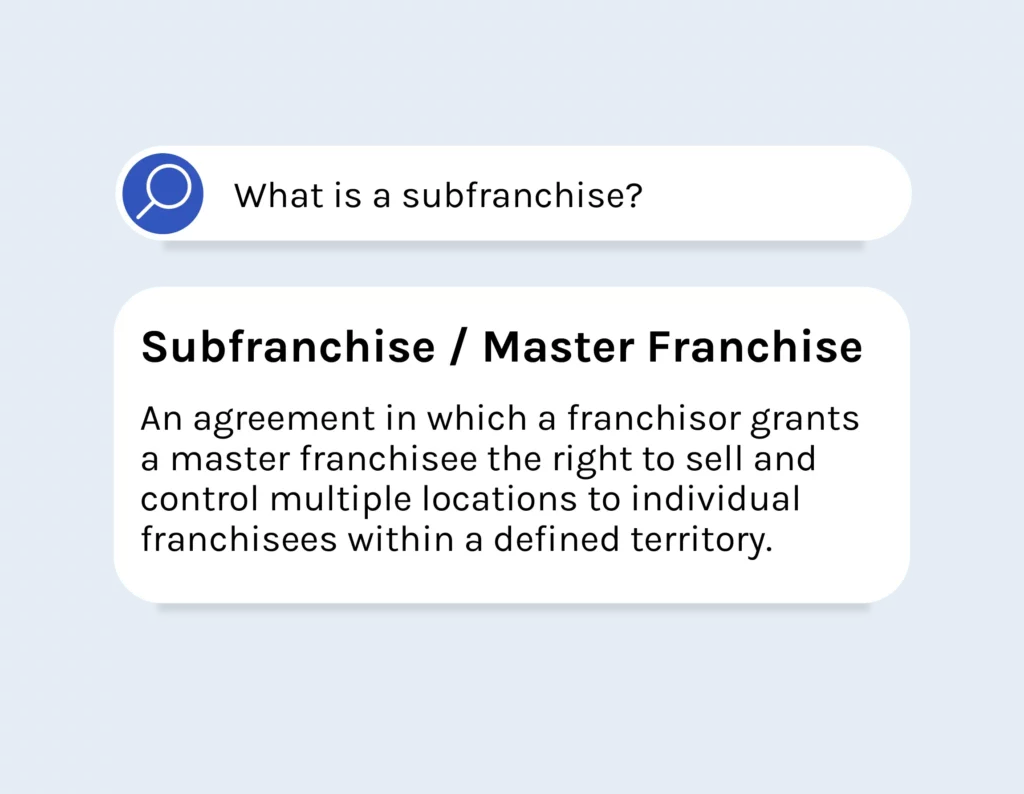Should I Franchise My business?
Should I Franchise My Business? Whether you should franchise your business depends on a few factors. Franchising your business is a great way to grow your business. Rather than investing multiple times in multiple locations or territories for your business, you can license your business model to franchisees and collect royalties. For example, if you […]
Should I Franchise My business? Read More »



